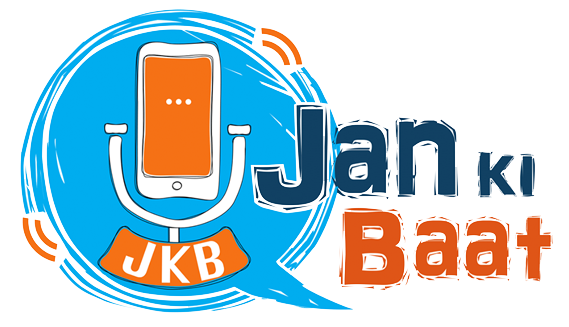The 10th Day of Training and Educating the people about a Cashless Future continued its teachings in the Karol Bagh area in Delhi. Meenakshi Lekhi, the one leading the New Delhi constituency, made it clear that everyday problems can only be solved if the government had enough revenue for infrastructural purposes; sewage, water pipelines and other concerns are valid but would remain unaddressed until the tax bracket can envelope a greater number of people, reducing individual taxes and simultaneously contributing to the government revenue. She also highlighted other safety measures linked to the cashless future, saying that minor crimes like robbery, laundering would be impossible once the cashless system becomes operational. Accumulation of the new notes, especially the higher value notes like the 2000 one, will just repeat the cycle India is trying to get out of, hence cashless economys importance becomes significant in Indias future.
The UPI, Unified Payment Interface, App would become the first step to cross over to the cashless age. UPI and other such schemes would make transferring of money easier, hastening the evaporation of cash from the structure. Everyday work, from paying for gas to buying groceries, is all just one click away. In a digitalized india, online wallets would become the ideal mode of payment.
From demonetization, to vouching for a cashless economy, the BJP governments noble aim to erase the parallel economy run by black, unaccountable money, is part of the larger pattern of Digital India, a notion that forms a large chunk of the governments manifesto.,
